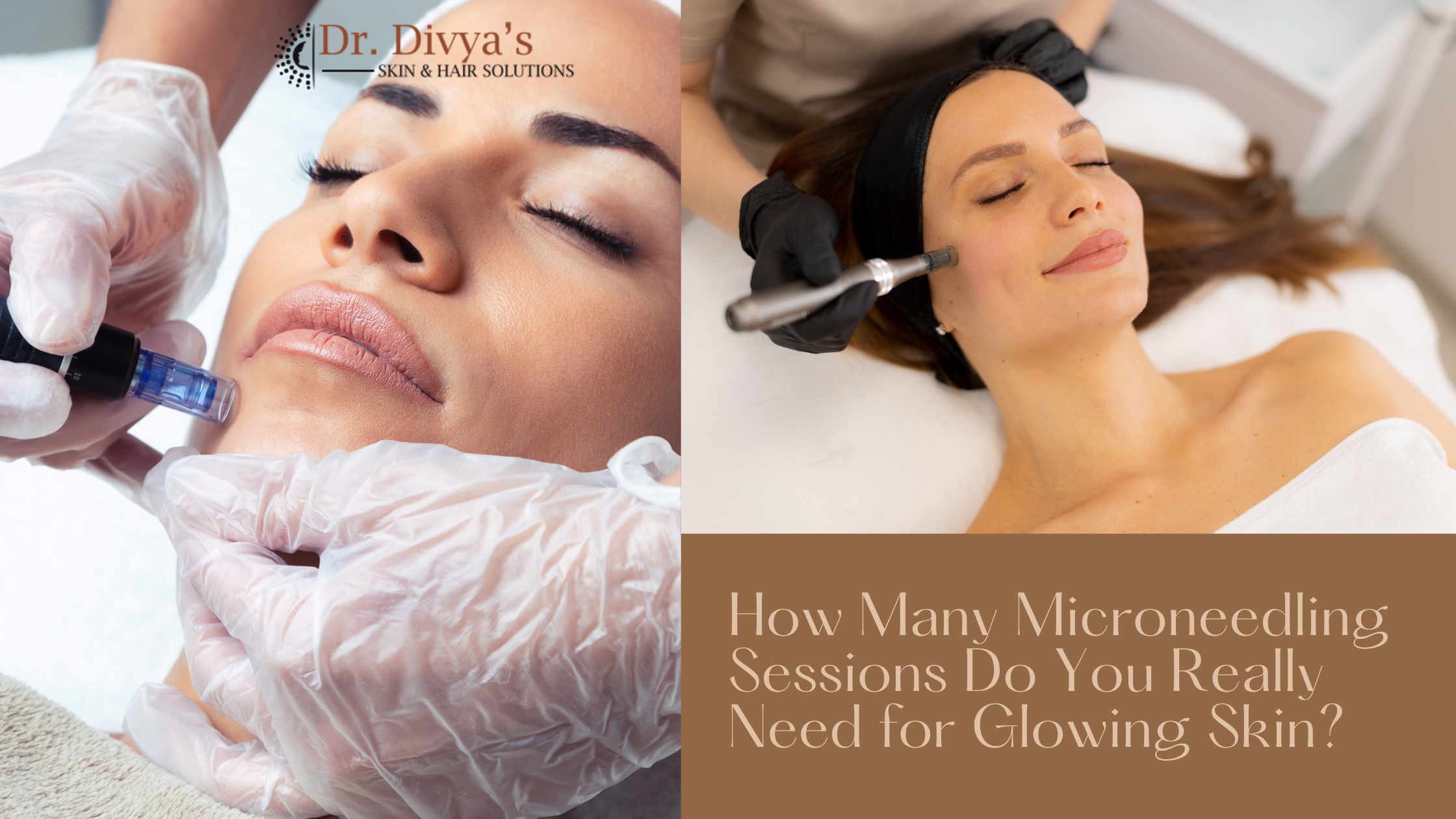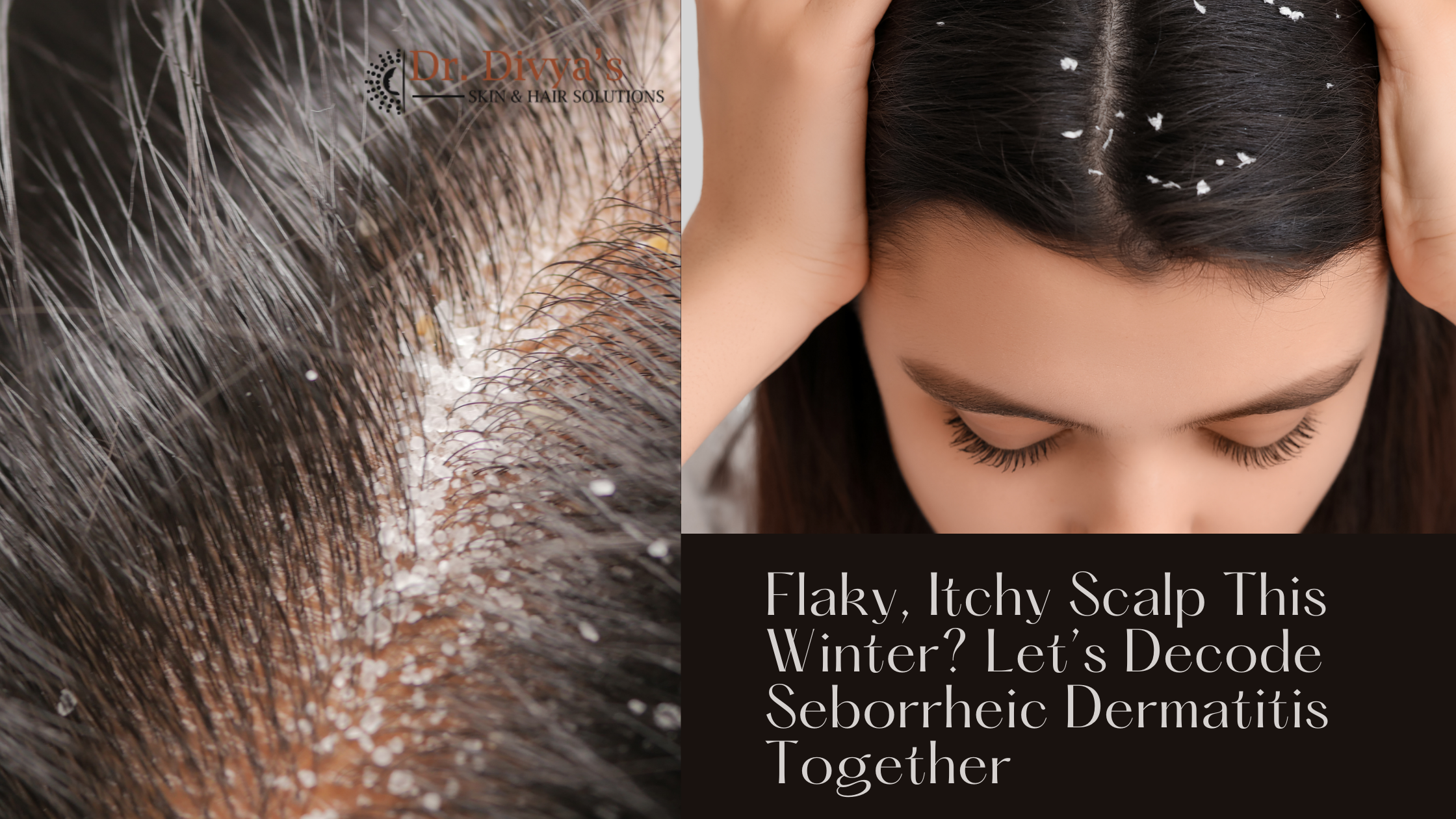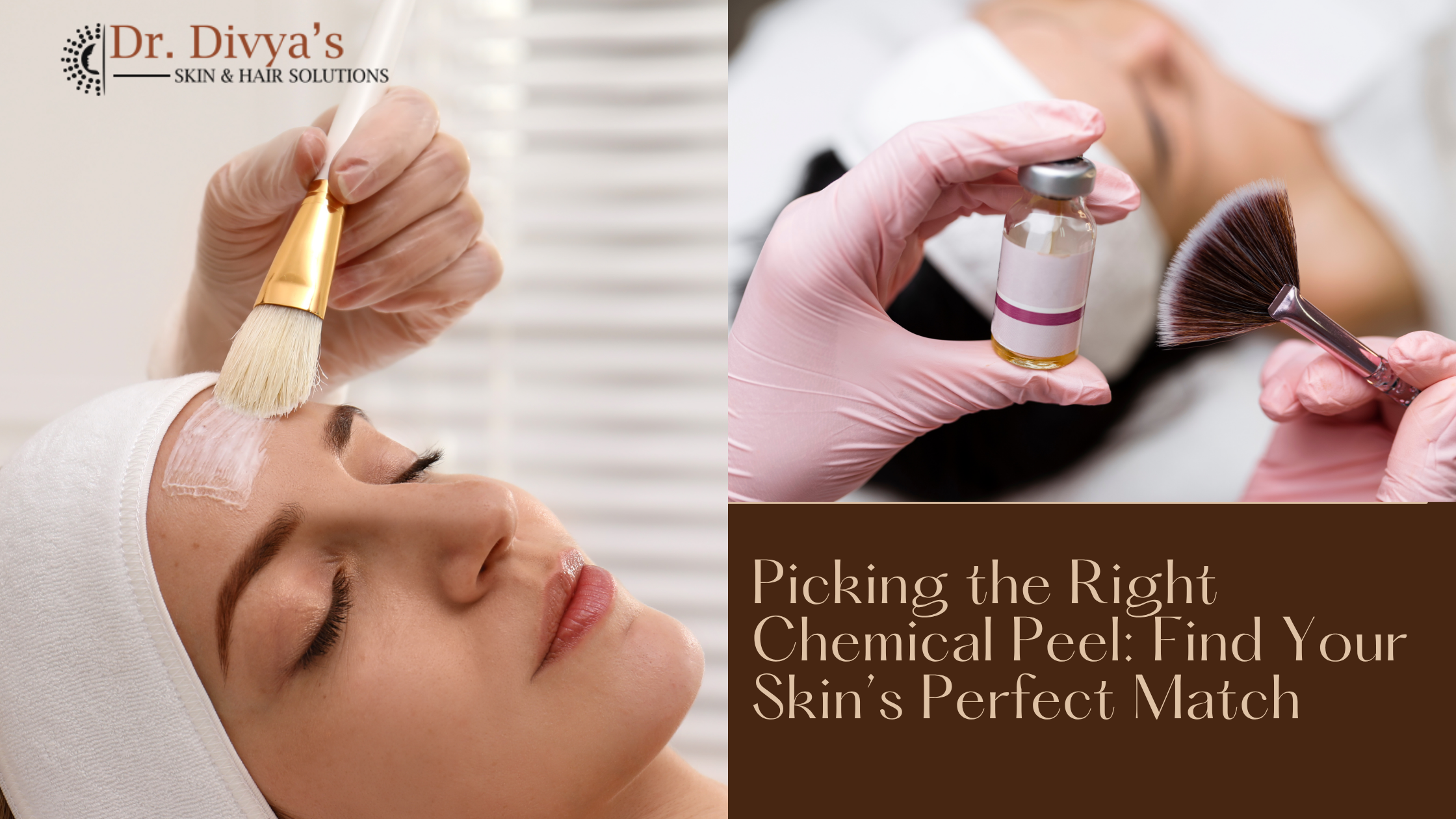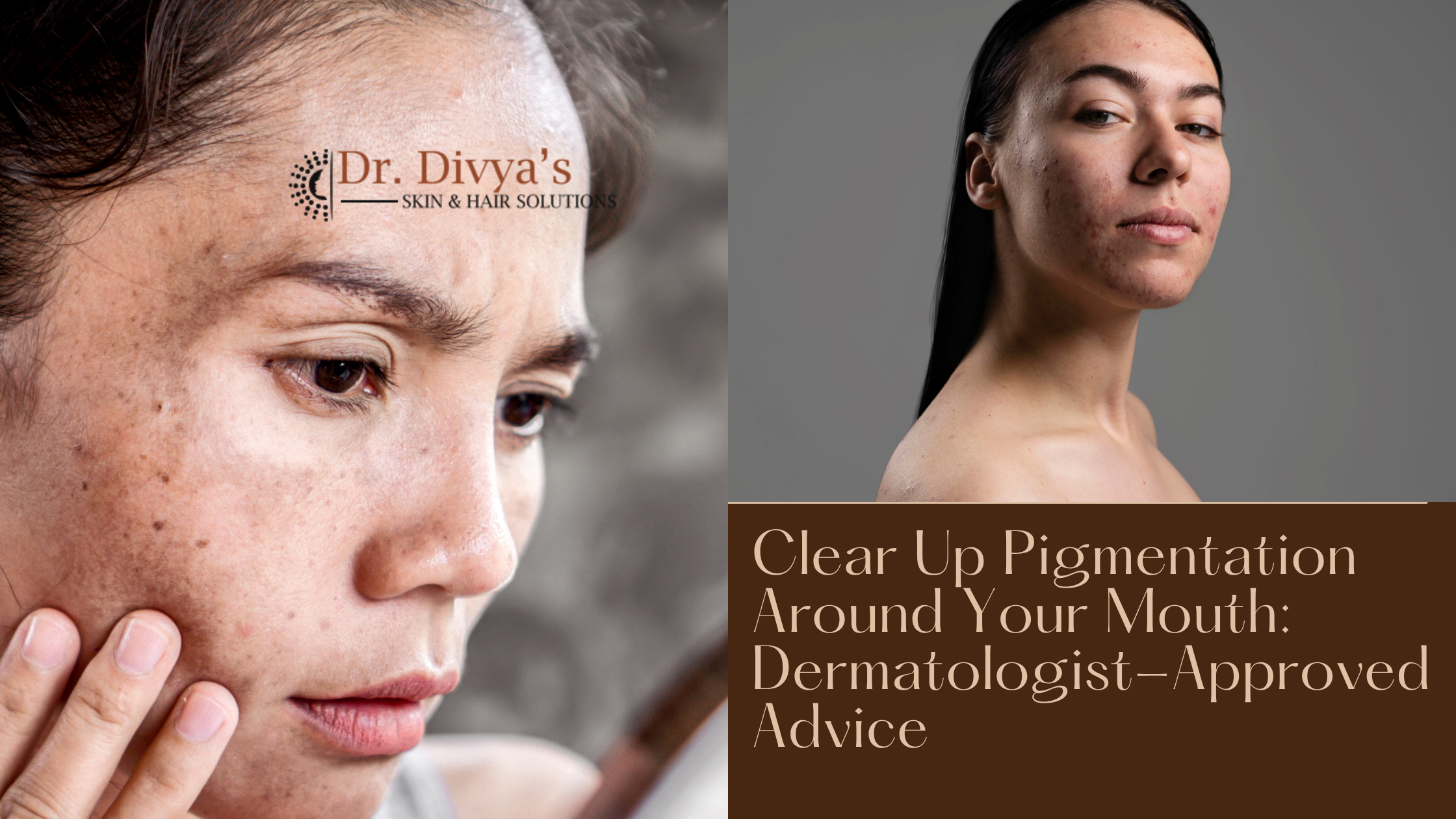Posted date on Aug 06, 2025
If you've been scrolling through skincare reels or reading beauty blogs, chances are you’ve come across microneedling—a treatment that’s winning hearts for its ability to boost collagen and reveal naturally glowing skin. But one question that most people ask is: "How many microneedling sessions do I really need to see results?"
Let’s break it down in a simple, honest way to help you understand what to expect and how this treatment works.
What Is Microneedling?
Microneedling, also known as collagen induction therapy, involves tiny needles that create micro-injuries on your skin. These controlled punctures stimulate your skin’s natural healing process, increasing collagen and elastin production. The result? Smoother, firmer, more radiant skin.
It’s commonly used to treat:
- Acne scars
- Fine lines and wrinkles
- Uneven skin tone and texture
- Enlarged pores
- Stretch marks
How Many Sessions Are Typically Required?
The number of microneedling sessions you’ll need depends on your skin concern, skin type, and desired results. Here’s a general guideline:
For Skin Rejuvenation & Glow:
If you’re just looking to boost your skin’s texture, tone, and brightness, 3 sessions spaced 4-6 weeks apart are usually enough to start seeing noticeable results.
For Acne Scars or Deep Wrinkles:
Dealing with deeper scars or signs of aging? You may need 4 to 6 sessions or more, depending on the severity of your condition. Results continue to improve over time as collagen production kicks in.
For Stretch Marks:
For areas like thighs, arms, or stomach, 4 to 8 sessions may be required, again spaced 4-6 weeks apart.
Why Spacing Matters
Microneedling isn’t a one-and-done treatment. Your skin needs time to heal and rebuild collagen between sessions. Most dermatologists recommend waiting at least 4 weeks between treatments, although this may vary depending on your skin’s sensitivity and how it reacts.
Can Microneedling Be Combined with Other Treatments?
Absolutely! Many dermatologists combine microneedling with PRP (Platelet-Rich Plasma), vitamin C serums, or hyaluronic acid to enhance results and promote faster healing. These combinations can amplify glow, reduce inflammation, and hydrate deeply.
When Will I See Results?
Some people notice a healthy glow just a few days after the first session, but deeper improvements (like scar reduction or wrinkle smoothing) take 4–6 weeks as collagen rebuilds from within.
The key is patience and consistency. Results are cumulative—and your skin continues to improve even after your last session.
Is Microneedling Safe?
When performed by a qualified dermatologist or aesthetician, microneedling is generally safe and well-tolerated. Minor redness or sensitivity may occur for 1–3 days post-treatment, but most people resume normal activities quickly.
Conclusion
Microneedling isn’t a quick fix—but it delivers real, long-term results when done properly and consistently. For glowing, healthier-looking skin, most people benefit from at least 3 sessions, with more needed for deeper concerns like acne scars or pigmentation.
Always consult a certified dermatologist to customize the number of sessions based on your unique skin goals. With a little patience and the right care, radiant skin is absolutely achievable.
FAQs
Q1. Is microneedling painful?
Most patients experience mild discomfort, but a numbing cream is applied beforehand to reduce any pain.
Q2. How long does each session take?
Each session typically takes 30–60 minutes, depending on the area being treated.
Q3. Are there any side effects?
Mild redness, swelling, or flaking is normal for a few days. Serious side effects are rare when performed professionally.
Q4. Can microneedling treat hyperpigmentation?
Yes! It helps reduce dark spots by encouraging skin turnover and collagen production.
Q5. Can I do microneedling at home?
Home rollers are less effective and riskier. For best results and safety, always go to a trained skin expert.





